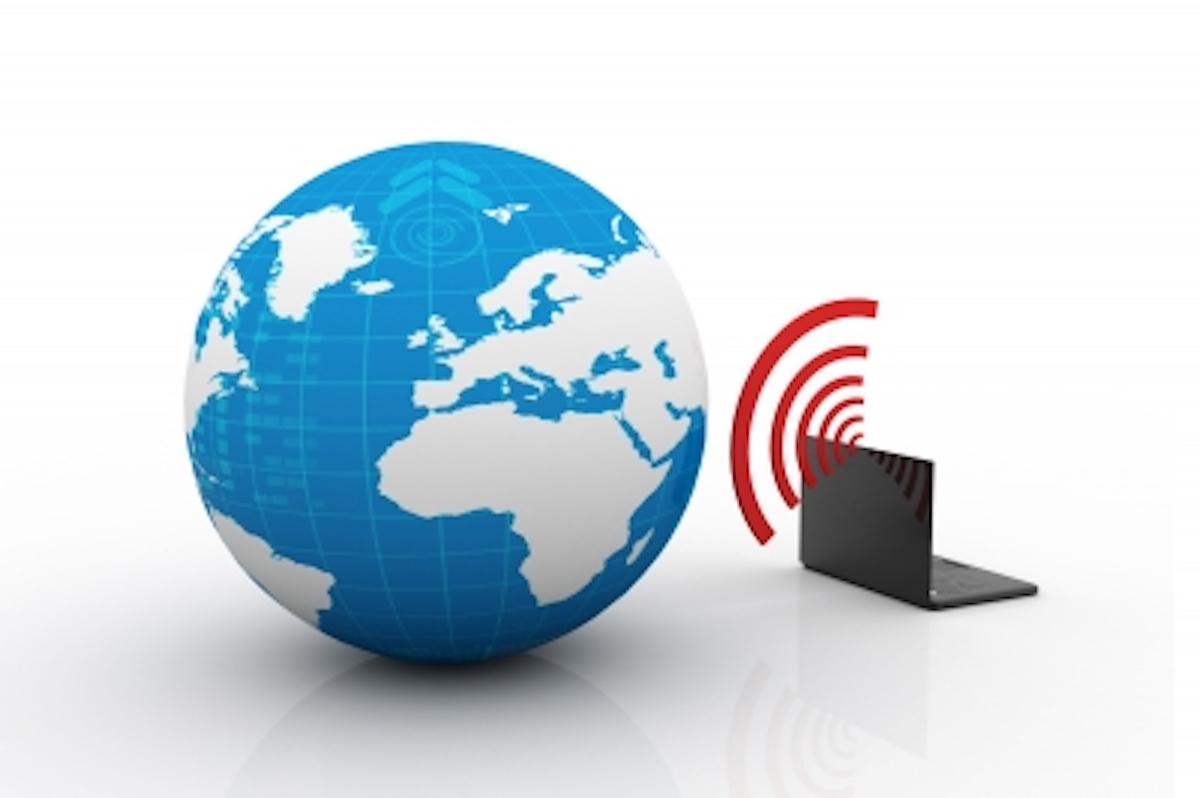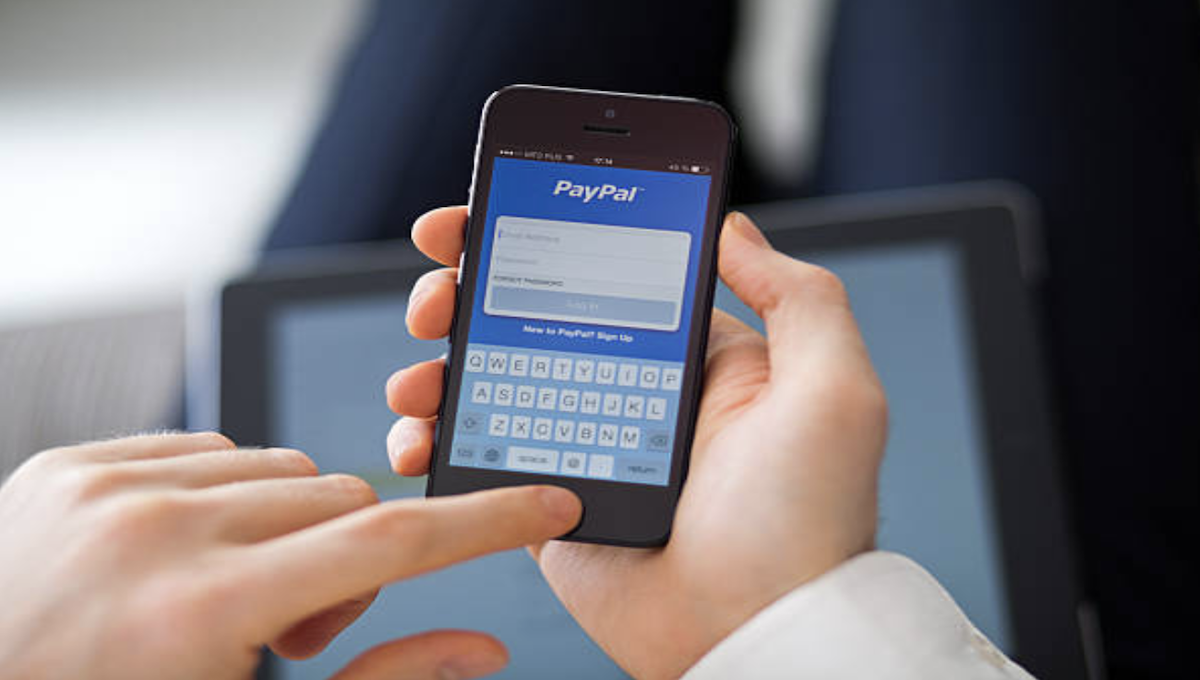This guest post is by Ranjan Mukerjee
They may not have the shiny badges, or the cars with flashing beacons, or even a uniform, but the internet police are very much alive and kicking. As companies are getting stricter about copyright infringement on the Internet, they are pulling out all the stops in tackling something that they perceive to be the biggest threat to the arts and entertainment industry. Internet Service Providers (ISPs) are more than happy to assist them in this venture.
State-Driven Censorship
Anyone who is well-informed about the Internet will know that ISPs have always been used to control the content available on the net. China, Iran, Saudi Arabia are some of the countries that heavily censor the Internet to such an extent, that organizations like Reporters without Borders claim that Internet users are systematically repressed by the regimes.
In such countries, the ISPs do not have much of a choice when it comes to censorship. They have to censor websites in accordance with government decree; refusing to do so can, and will, be considered as an illegal act. If ISPs in these countries want to operate as a business, they have to adhere to the regulations enforced. Even then, the ISPs find few sympathizers. So what about the ISPs in other countries? The ones that choose to “self-regulate”?
The Threat of Online Piracy
Media conglomerates around the world had always been very strict with regards to copyright infringement. However, the advent of the Internet gave rise to the threat of online piracy; something the corporations have never had to deal with before. National organizations, created to protect the rights of artists, were also flabbergasted at the rate at which copyrighted material could be freely available on the Internet.
The number of people with access to the Internet is massive, as its reach spreads across the world. Since lawyers were unable to target individuals responsible for the criminal acts, ISPs soon found themselves being dragged to court for providing access to such websites. The ISPs were able to make a case for themselves that there was no law which required them to censor the Internet or monitor user activity. Although able to untangle themselves from the mess, ISPs became extremely conscious about the changing nature of the Internet and the extent to which the ISPs could be held liable.
In a move to counter any future legal proceedings targeting them, ISPs began to self-regulate Internet content. It’s not a coincidence that the countries in which the ISPs were taken to court most often also have the most number of ISPs who screen websites.
Veering Towards Self-Regulation
The SOPA/PIPA situation in the United States of America was a prime example of the ISPs wariness about copyright infringement. Though not openly backed by any ISP, once SOPA failed to pass through legislation, ISPs were quick to announce new operating procedures that took a few leaves out of SOPA pages.
Though it did not match the draconian levels of SOPA, the new screening process still saw users being denied access to a number of websites. In the past, websites and ISPs acted promptly to remove any content as soon as they received a notice claiming copyright. Only after the content was removed could the legality of the copyright claim be challenged. Though troublesome, the process was often seen as enough by the sites and ISPs to minimize any liability at their end. However, the growing complicated nature of digital copyright has forced ISPs to take pre-emptive measures in order to further minimize any liability.
In many countries, websites are finding themselves blocked by ISPs, simply because a copyright claim was made regarding a particular user-loaded content on a web-page. In addition, many websites not hosting any content (torrent sites which operate with magnet links) are also being targeted by ISPs in an eager attempt to show some sort of solidarity with the media conglomerates.
Dodging Liability
Although it is quite easy to demonize ISPs, it would be unfair to do so without taking a look at the issue from their point of view. Any companies’ worst nightmare is a lawsuit, especially one filed by a major corporation. It is in the ISPs best interest to minimize any sort of liability, even if the actions it has to take are not in the customers’ best interest. Thankfully, consumer advocate groups have also identified the immense pressure that ISPs are put under and have rightfully directed their ire towards the major corporations who seek to exploit copyright laws.
About guest blogger
Ranjan Mukerjee is part of the team at GetLinksPro, leading SEO specialists. When not obsessing over football, he keeps tabs on the latest developments in the world of social media and online activism.
Interest to be our next guest bloggers? Contact us at our email




